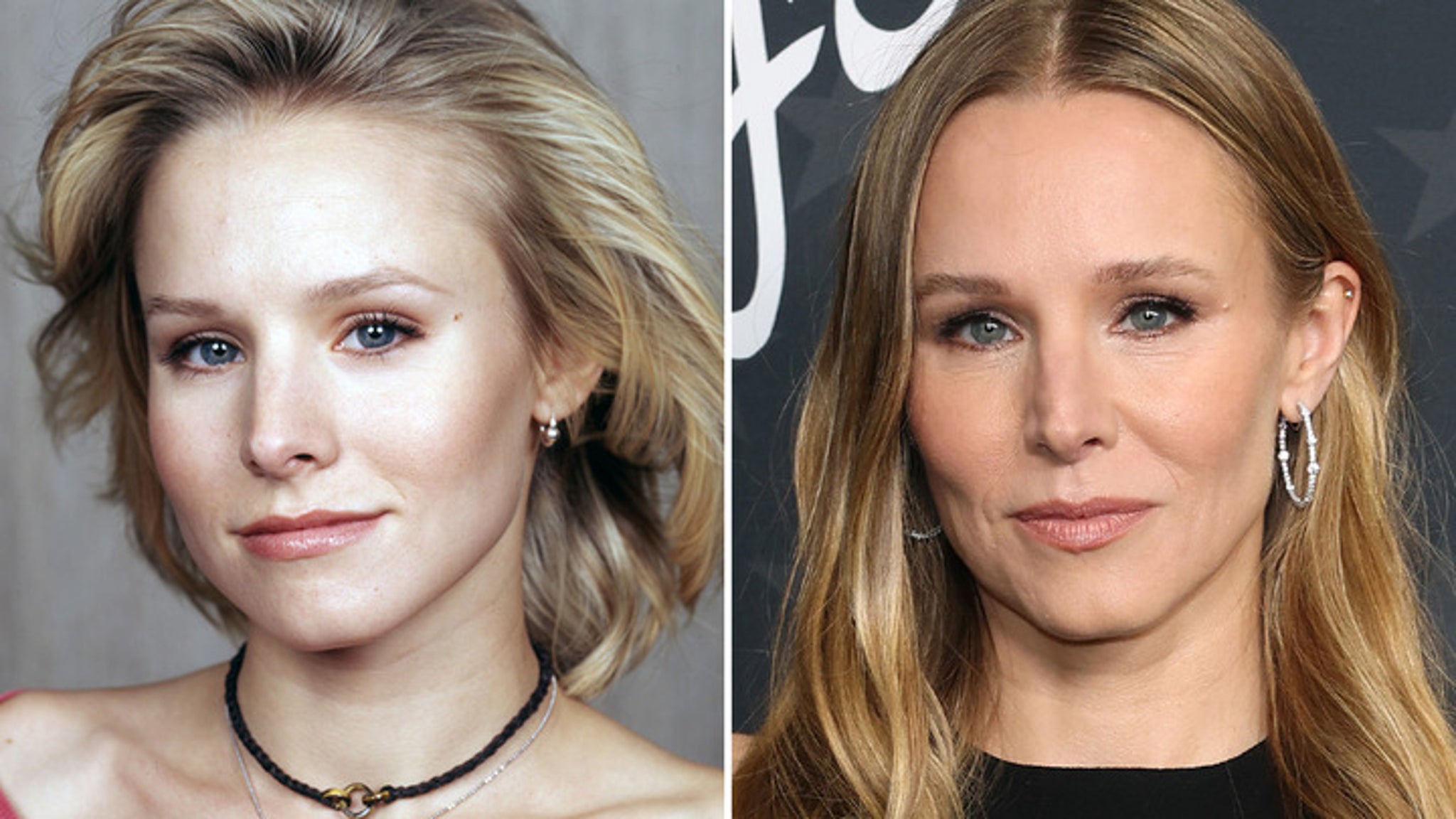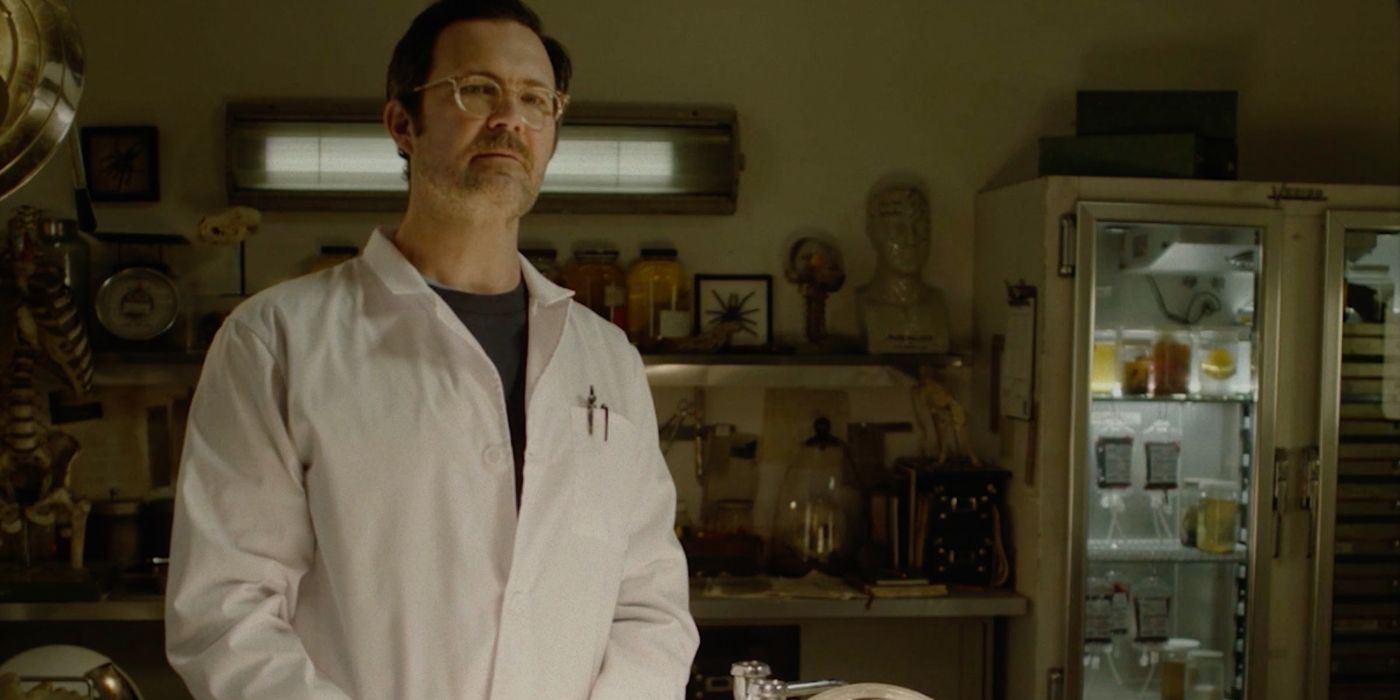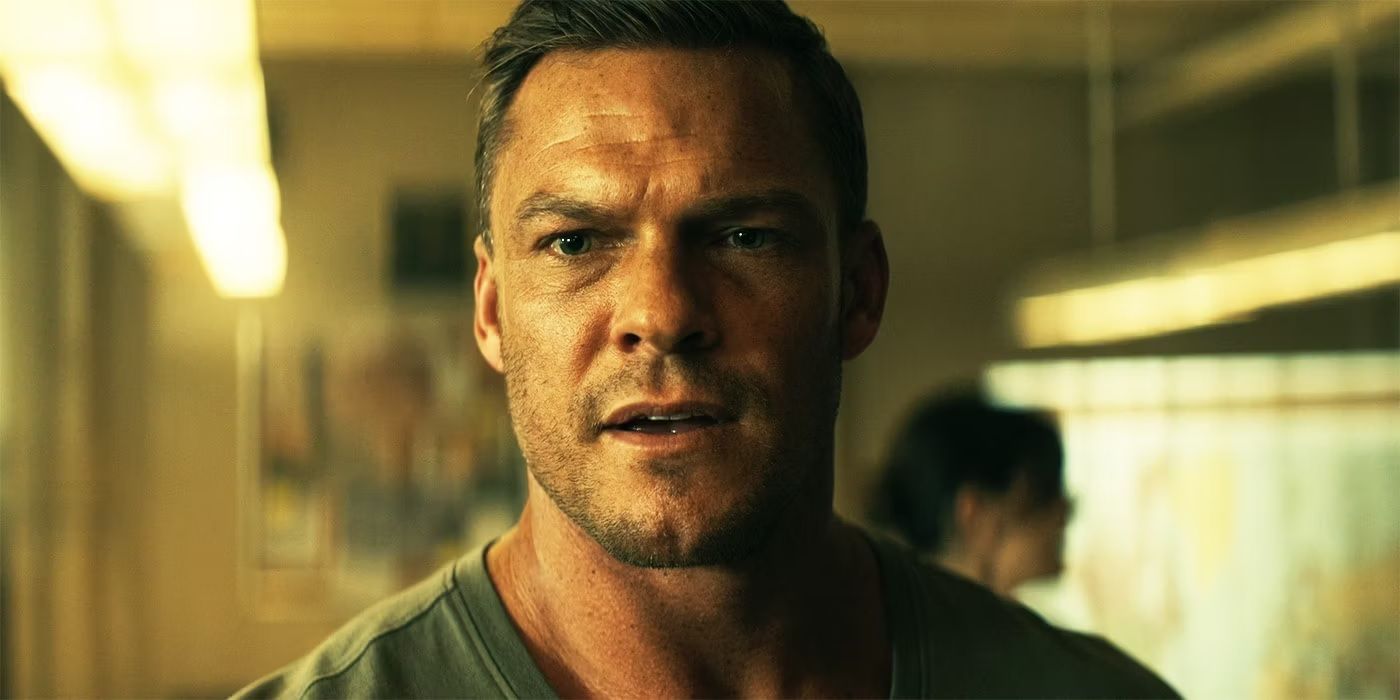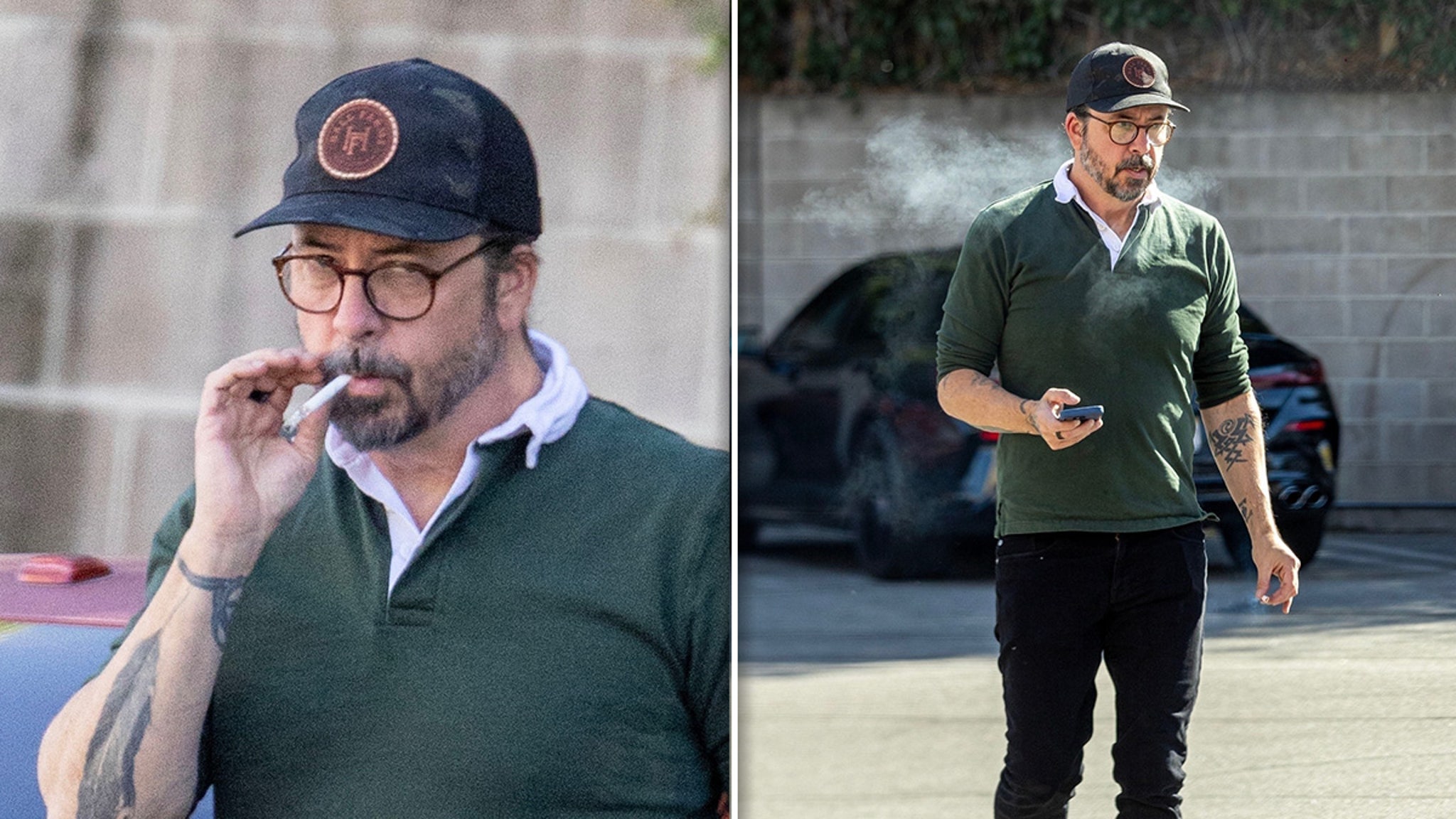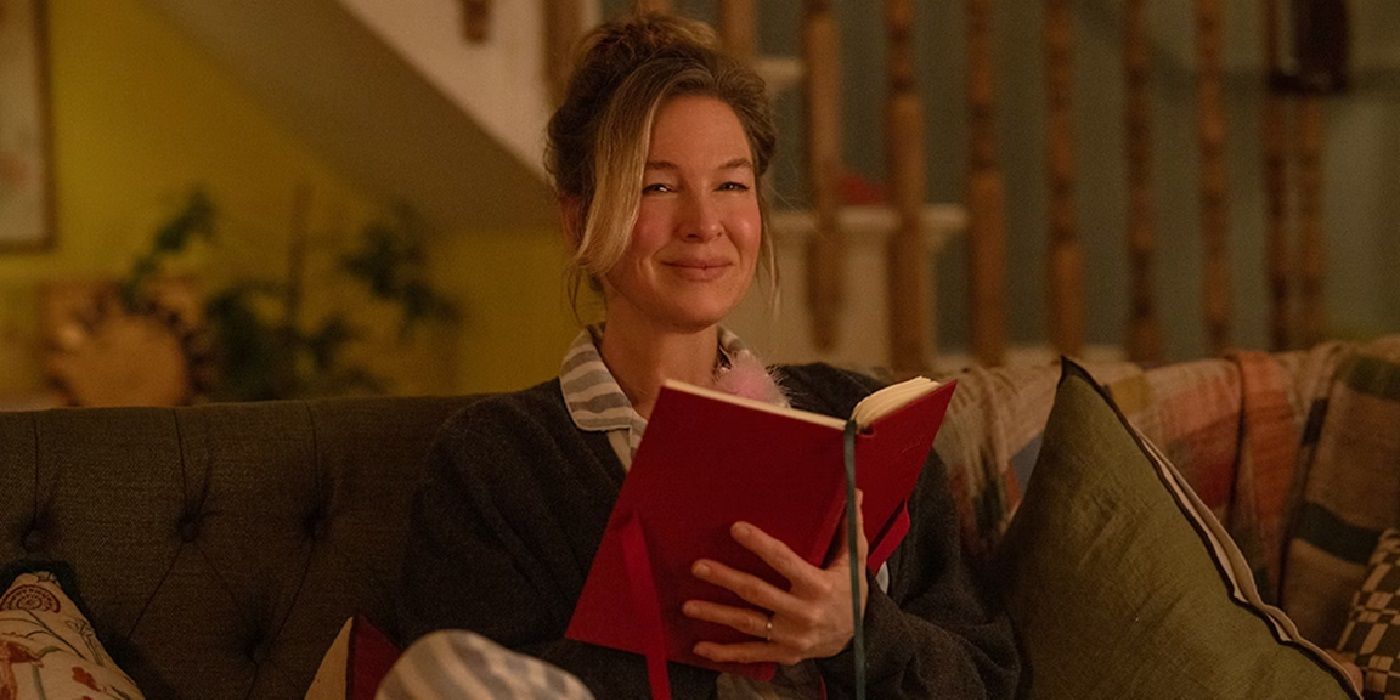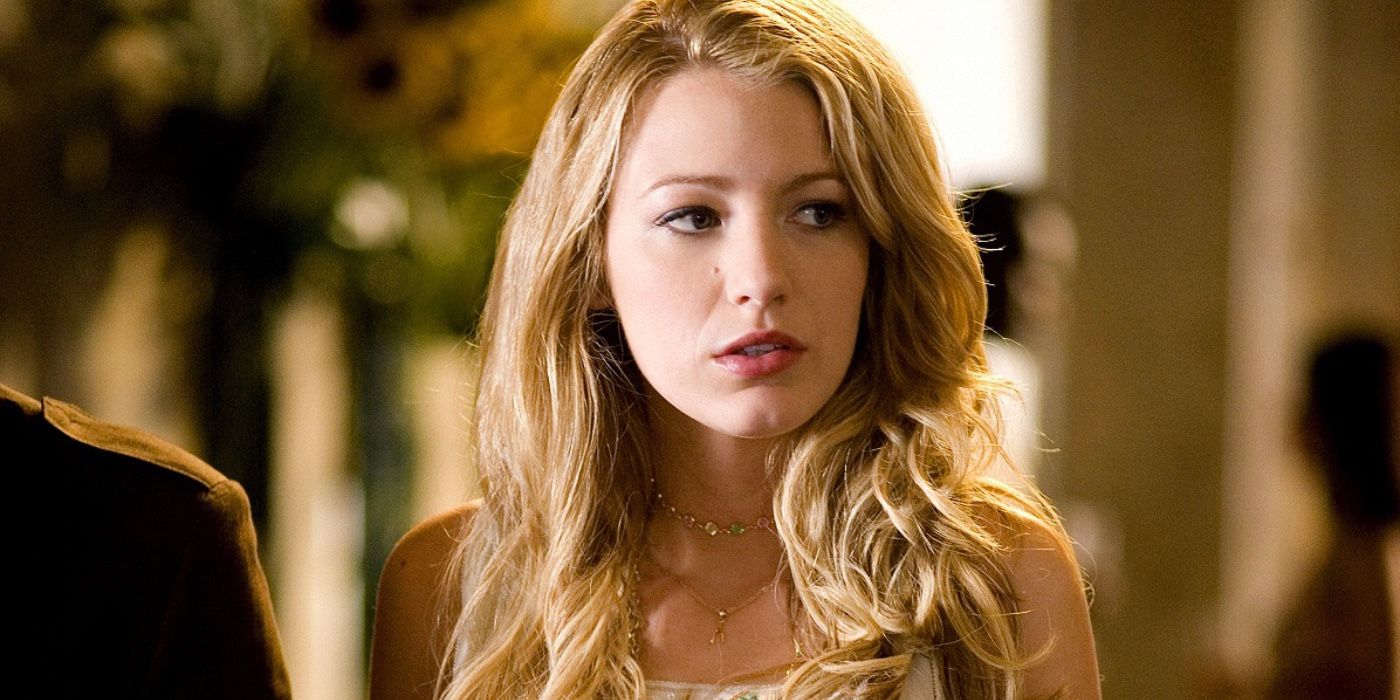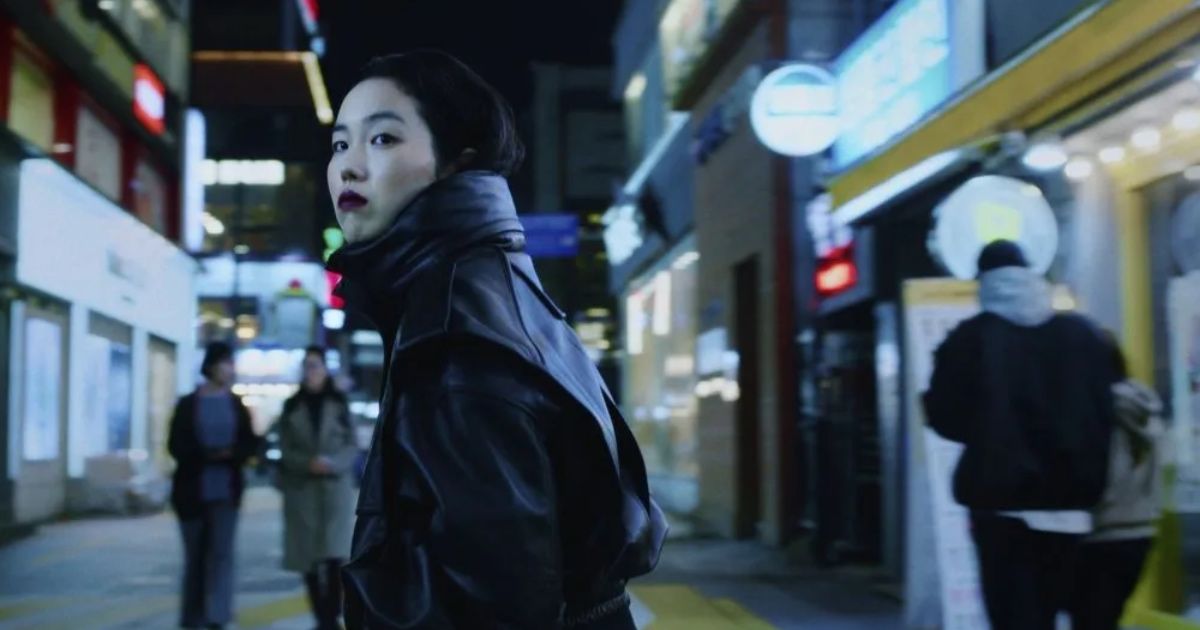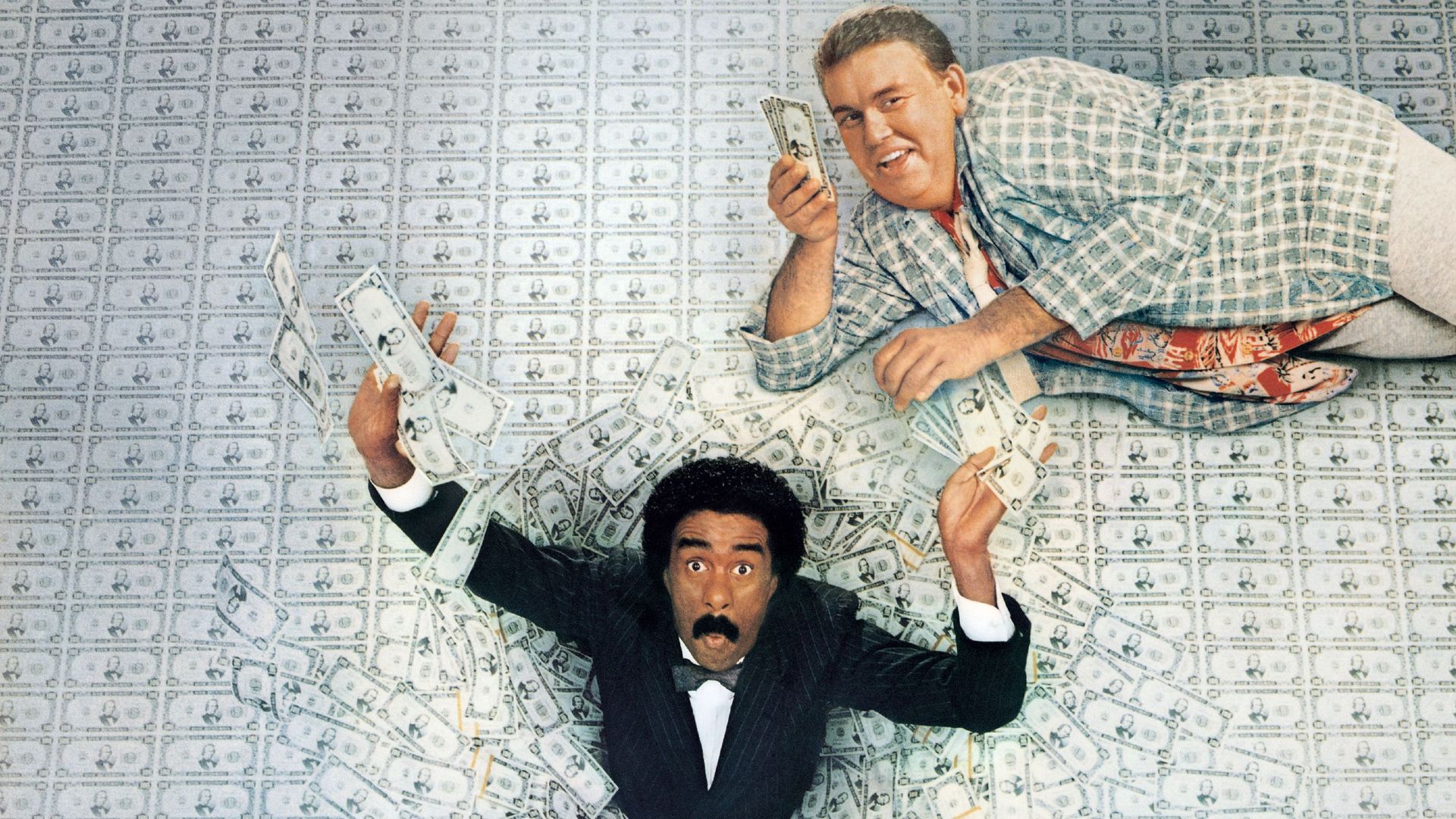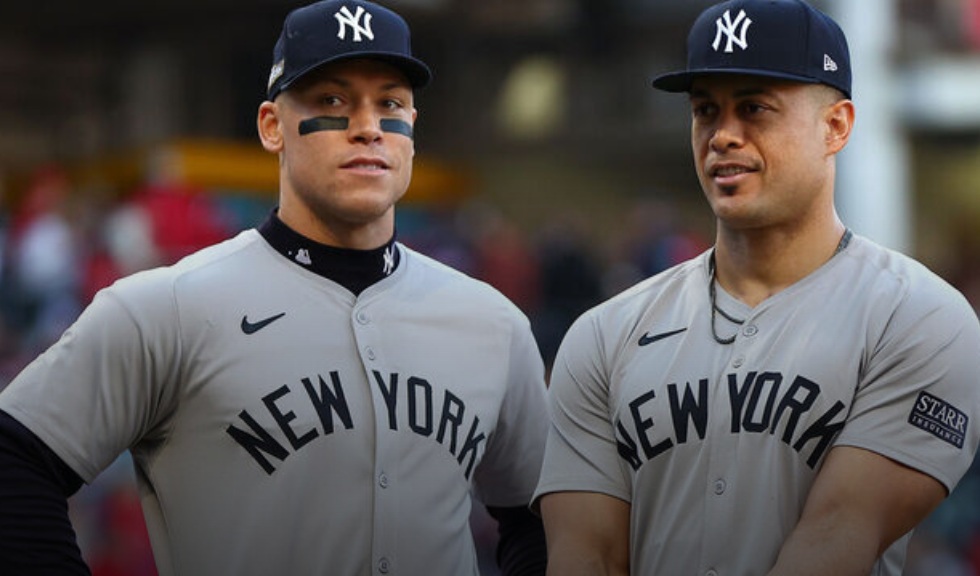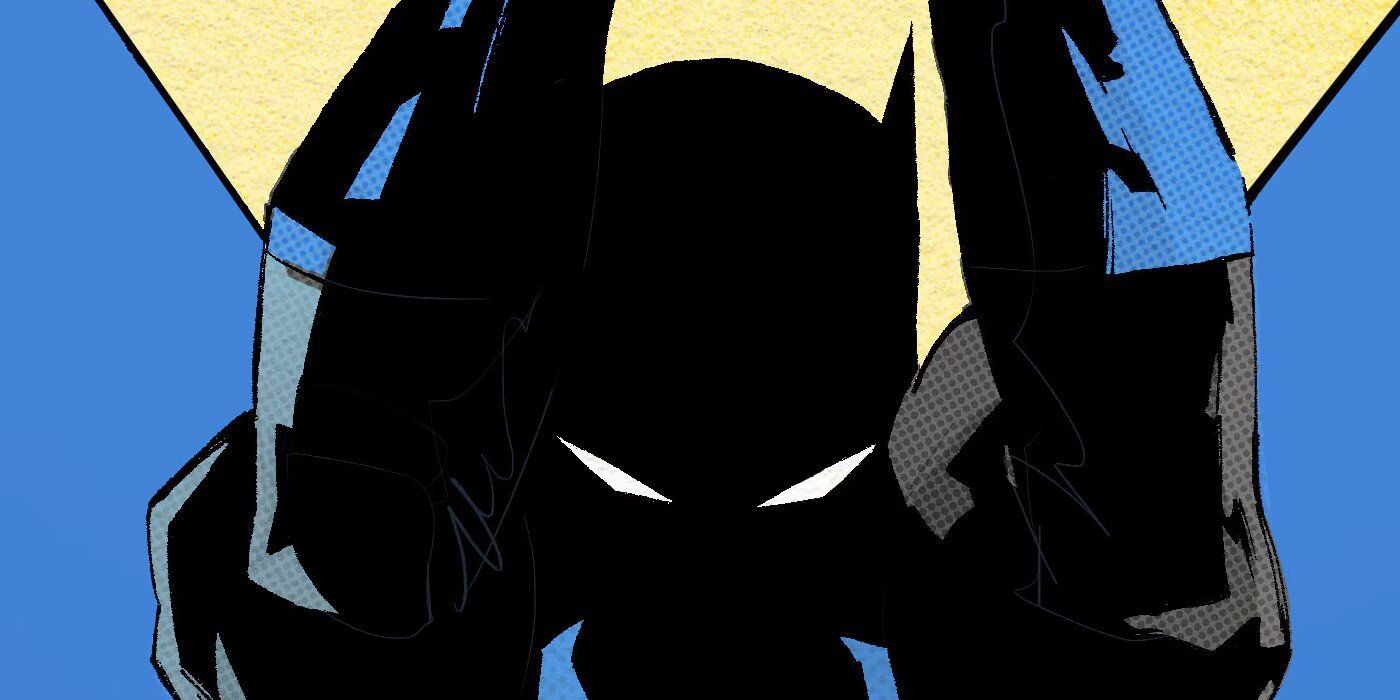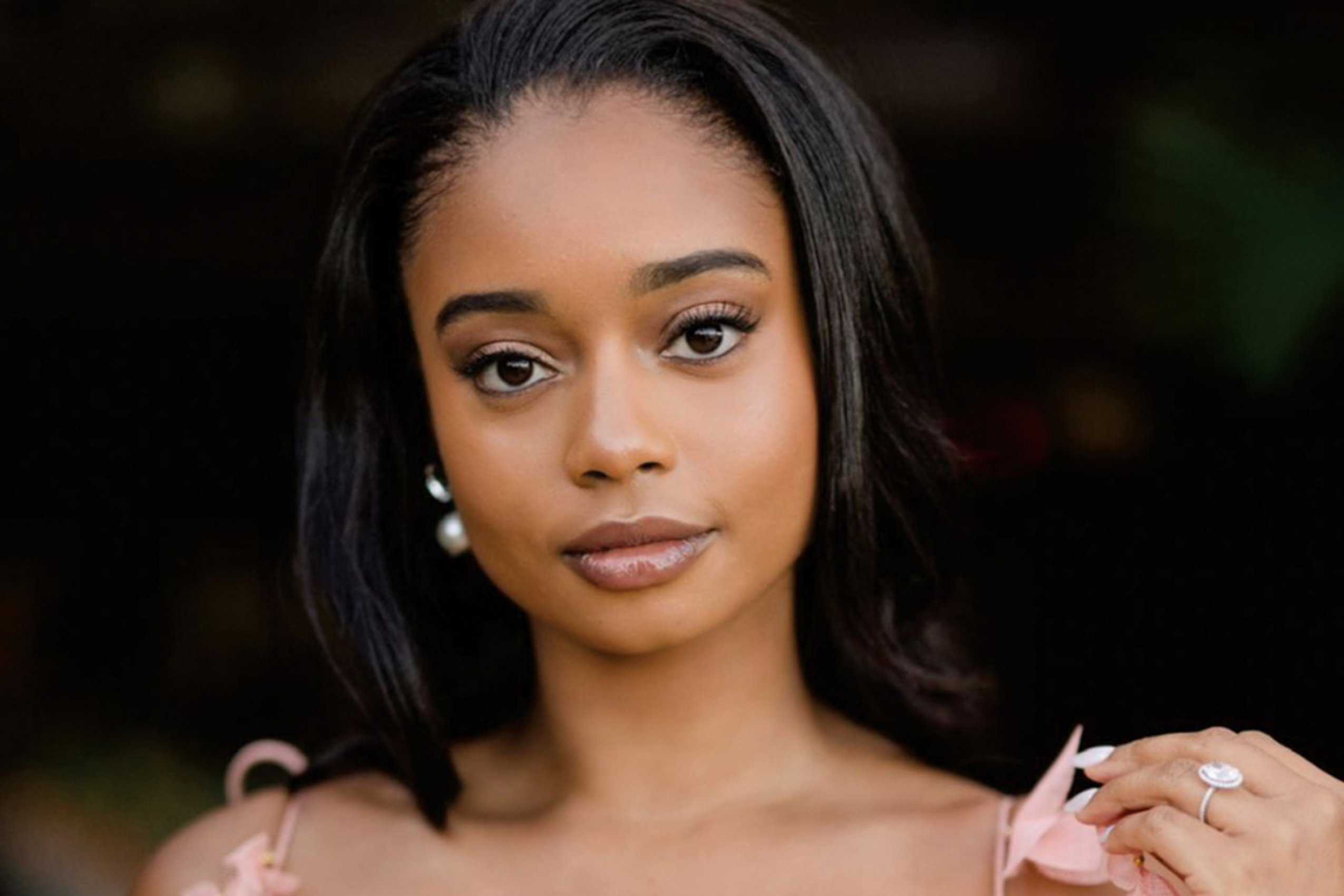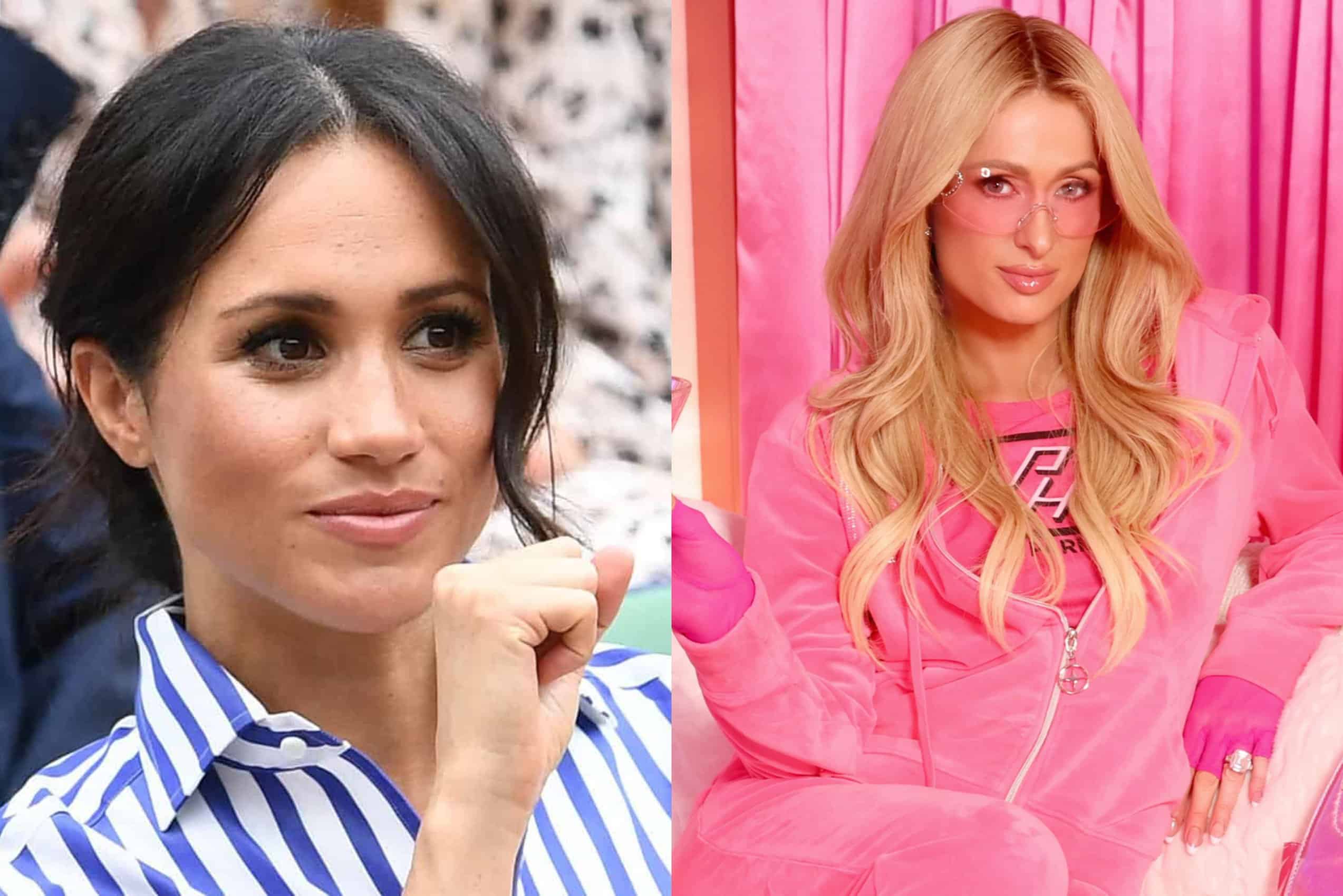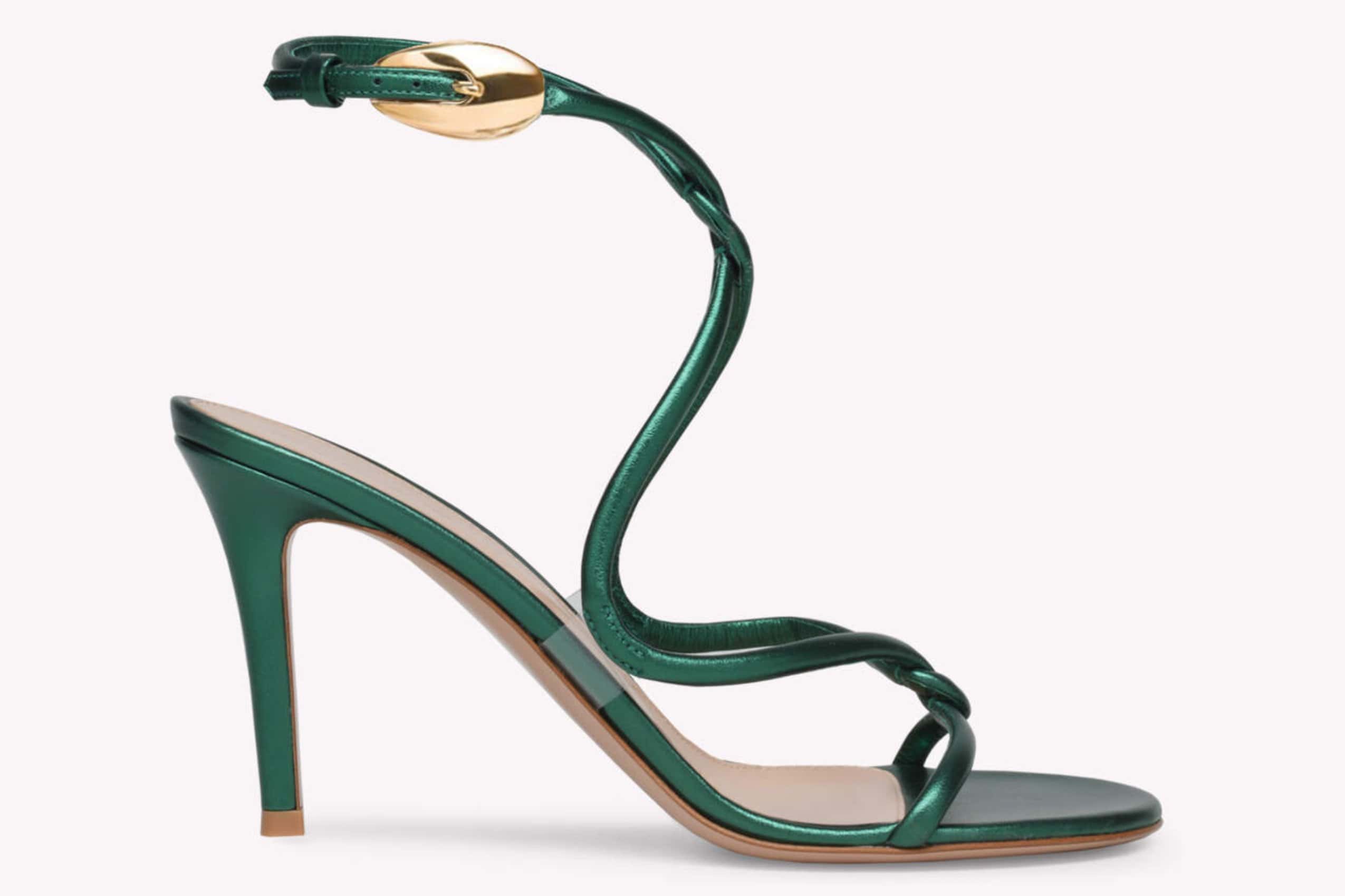Of course they end up on a boat, but the setting comes across as less of a dramatic crucible in which the characters can be tested than a playwriting workshop where we’ve been given the not-so-precious chance to watch a one-act that shouldn’t have been put in front of an audience until it was really ready. The fundamental selfish obliviousness of John is never seriously explored, much the unanswered question at the center of it all: what does Diana see in this jerk? And why does she seem so surprised if this rupture has been brewing for so long? There doesn’t seem to be any real spark between the two, certainly not enough to explain why seemingly incompatible people would be together three decades. And for whatever reason, Baker’s performance doesn’t match the person being described by Jack and embellished by Coppola’s screenplay (which was cowritten with Karen Leigh Hopkins). Baker is a great actress, but seemingly not great enough to tamp down her natural verve enough to play somebody like this.
The final and longest segment occurs at a ladies’ lunch that is soon revealed to be a wake for a woman named Clare, whose daughter Caroline (Maya Kazan) has gathered some of her closest female friends together in mourning and remembrance. A superficial round of anecdotes and comments eventually gives way to deeper remembrances, and Coppola and Hopkins’ script makes sure to distribute big moments democratically among an ensemble that includes Rosanna Arquette, Valarie Pettiford, Cybill Shepherd, Polly Draper, and Rita Wilson. There are revelations and confessions, stories of abortion and infidelity and secret pregnancy, and the unexpected mid-meal arrival of a package with dramatic significance.
But even though it’s a treat to see a powerhouse cast of character actresses in their sixth or seventh decades of life all get a chance to do a monologue or two, the repetitious, round-robin approach to filming them (with a fixed camera cutting between closeups and group shots of people saying their lines) quickly becomes tedious. The awkwardness of some of the verbal setups doesn’t help (at one point, Caroline begins a line by telling the group, “As you all know, I’m a lawyer”).
And some of Coppola’s choices are simply cringe-inducing. It’s bad enough that the lone Black woman at the table, Wendy, is the only major character of color in the movie; then Coppola has to have Wendy tell Caroline and the rest of the group that her very favorite thing about Clare was how she used to constantly ask Wendy questions about race. In what universe would a Black woman such as this say such a thing under these exact conditions?
You can view the original article HERE.
